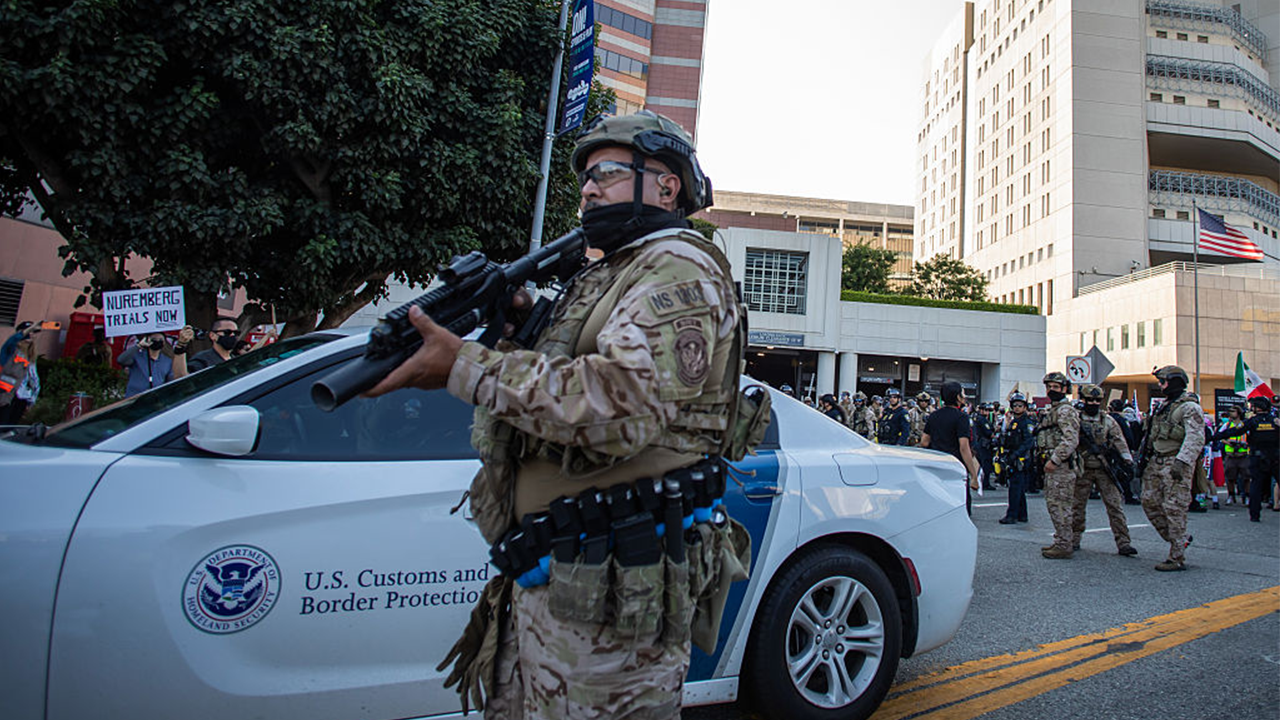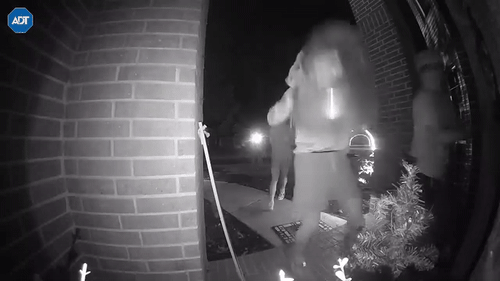The owner of a Pittsburgh funeral home was arrested Monday after allegedly stealing more than $650,000 from customers who paid for pet burial and cremation services, throwing their animals in a landfill and giving them the ashes of other, unknown animals.
Patrick Roy Vereb, owner of Vereb Funeral Home and Eternity Pet Memorial, is charged with multiple felony counts of theft by deception, receiving stolen property and deceptive business practices, according to a news release from Pennsylvania Attorney General Dave Sunday.
Vereb, 70, surrendered Monday afternoon and was arraigned on the charges. He was released on his own recognizance.
DELAWARE SUSPECTS IN UNRETURNED RENTAL VAN FATALLY STRIKE 1, INJURE SEVERAL OTHERS FLEEING POLICE: AUTHORITIES
Nearly a dozen veterinary practices and businesses confirmed that Vereb collected at least $657,517 in fees from pet owners between 2021 and 2024 who were promised a private cremation for their pet, but they did not receive the ashes of their pet, according to the release.
Authorities identified more than 6,500 victims from Allegheny, Armstrong, Washington and Westmoreland counties.
“This case is disturbing, and will cause devastation and heartache for many Pennsylvanians,” Sunday wrote in a statement. “Our pets are members of our families, and this defendant betrayed and agonized pet owners who entrusted him to provide dignified services for their beloved cats and dogs.”

NEW ENGLAND SERIAL KILLER FEARS MERIT ‘REVIEW AND INVESTIGATION’ AFTER REMAINS FOUND ACROSS 3 STATES: EXPERT
Eternity Pet Memorial received the pets directly from consumers or through area veterinarians, according to the attorney general’s office.
A number of local animal hospitals, animal rescues and funeral homes took to social media after the announcement to share how they were affected.
“To every family devastated by Eternity Pet Memorial – We wanted to let you know that we are navigating this disaster with you, as several of our rescue dogs had gone [t]here,” Helping Hearts & Healing Tails Animal Rescue wrote in a Facebook post.

The shelter went on to describe the alleged crime as “not just a mistake” but a betrayal of trust.
“You are not alone,” shelter officials wrote. “We see your pain. We share your anger. We honor your love. And together, we will fight for the truth. For dignity. For justice. … Love never ends. And neither will our demand for accountability.”
UNITEDHEALTHCARE CEO BRIAN THOMPSON’S ‘PREMEDITATED’ ATTACK AND SUSPECT’S GETAWAY: TIMELINE
Paul G. Fink Funeral Home Inc. and East Suburban Animal Hospital assured customers they were not affected.
“We are already receiving many calls/texts asking if we used Eternity Pet Memorial for our cremation services following a recent news story,” the animal hospital wrote in the post. “We want to assure you that we do not use their services and are so saddened to learn that someone could take advantage of pet owners in this way. Our hearts go out to all of those affected by this abhorrent act.”
The animal hospital noted it had a few clients who privately used Vereb’s services.
Considering that thousands of consumers have been harmed, the attorney general’s office launched a website to engage with victims and help concerned residents find out if they were affected.
Victims can provide their contact information, share victim impact statements and receive updates on the criminal case.











